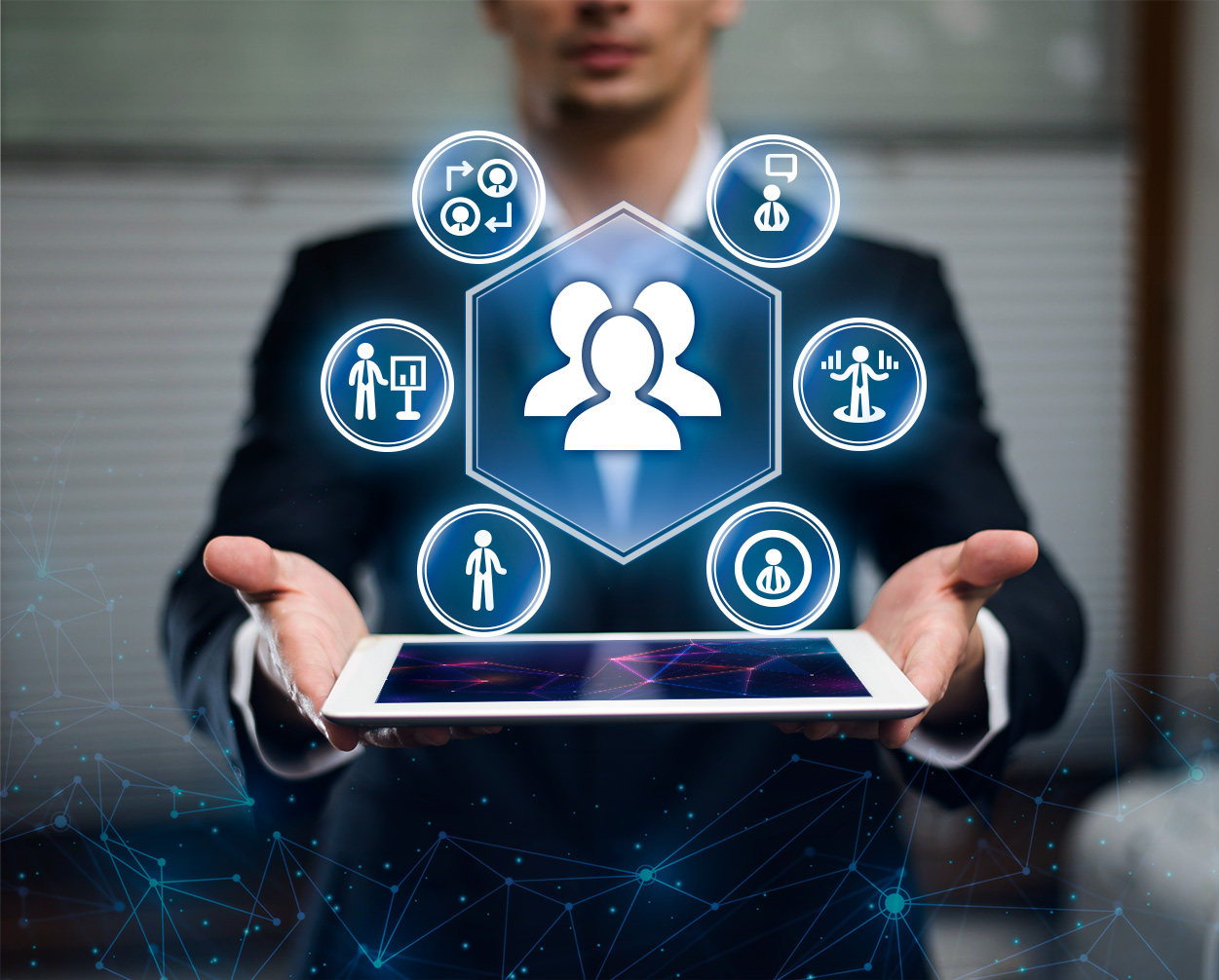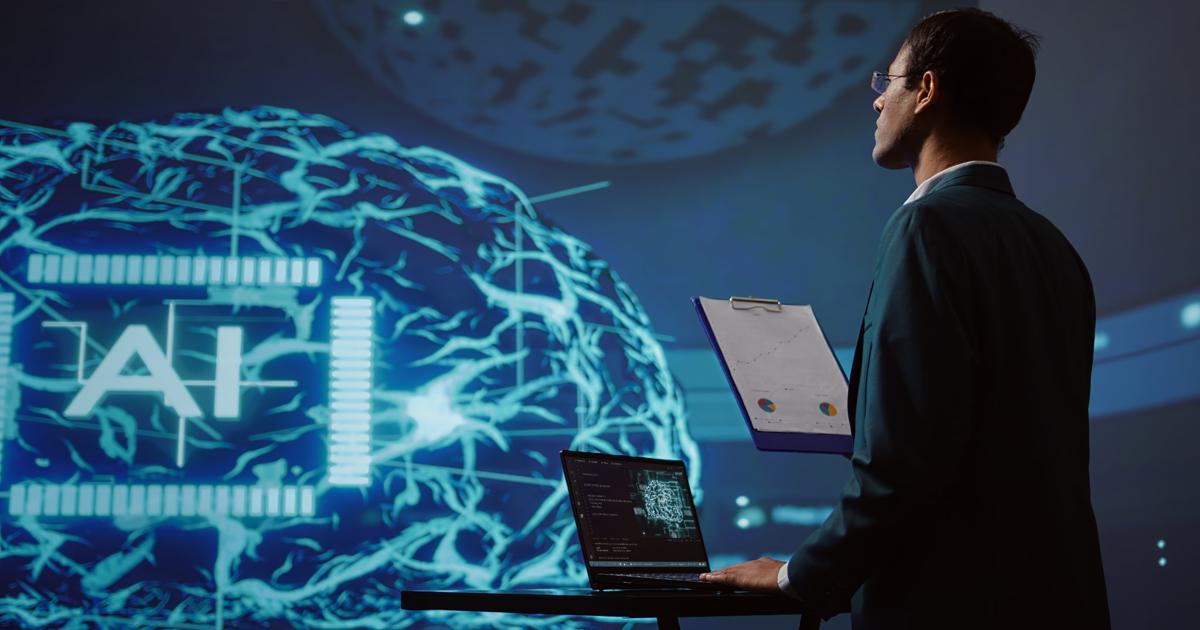Monday, January 1st 2024
Embracing the Future: The Top 3 AI Technologies Transforming HR in 2024

In the ever-evolving landscape of human resources, 2024 marks a pivotal year as cutting-edge technologies powered by artificial intelligence take center stage. These innovative solutions promise to revolutionize HR processes, enhancing the employee experience, alleviating the burden on overworked HR teams, and unlocking unprecedented cost savings. Let's delve into the top three AI-based technologies that HR teams must embrace in 2024 to stay ahead of the curve.
1. AI-Based Recruiting: The Evolution of Talent Acquisition
Recruiting has long been a cornerstone of HR responsibilities, and with the advent of AI, the process is undergoing a transformative shift. AI-based recruiting tools leverage advanced algorithms and machine learning to streamline the hiring process, from sourcing candidates to making data-driven hiring decisions.
These solutions are AI-driven recruiting platforms that empower HR teams to make smarter choices. They use natural language processing (NLP) to analyze resumes and job descriptions, identifying the best-fit candidates based on a holistic assessment of skills, experience, and cultural fit.
In 2024, HR teams adopting AI-based recruiting technologies can expect a myriad of benefits. Firstly, the speed and efficiency of candidate sourcing and screening will dramatically increase, allowing HR professionals to focus on more strategic aspects of talent acquisition. By automating repetitive tasks, AI-driven tools reduce the risk of bias in hiring decisions, ensuring a fair and inclusive recruitment process.
Moreover, AI in recruiting offers predictive analytics to forecast the success of candidates in specific roles, enabling organizations to make more informed hiring decisions. This not only enhances the quality of new hires but also contributes to long-term employee satisfaction and retention.
2. AI-Based Employee Self-Service Systems: Empowering the Workforce
In the fast-paced world of 2024, where remote and hybrid work models have become the norm, empowering employees with self-service tools is paramount. AI-based employee self-service systems are redefining how employees interact with HR processes, providing instant access to information and services.
These tools utilize AI-powered chatbots to handle routine inquiries, such as leave requests, benefits information, and policy queries. These chatbots, fueled by natural language understanding, can simulate human-like conversations, providing employees with a seamless and intuitive experience.
The benefits of AI-based employee self-service systems extend far beyond the convenience of 24/7 access. By automating routine HR tasks, employees can resolve issues independently, freeing up HR teams to focus on more complex and strategic initiatives. This not only reduces the workload on HR professionals but also fosters a culture of autonomy and efficiency within the workforce.
Furthermore, these AI-driven systems enhance data accuracy and compliance by ensuring that employees receive consistent and up-to-date information. As organizations continue to navigate a dynamic work environment, the implementation of AI-based self-service systems is crucial for fostering employee satisfaction and engagement.
3. AI-Based People Analytics: Unleashing the Power of Data
In the era of big data, HR teams are recognizing the value of harnessing data to make informed decisions about their workforce. AI-based people analytics tools, such as Scanta's TruPulse, are at the forefront of this data-driven revolution, providing HR professionals with deep insights into employee behavior, performance, and engagement.
TruPulse leverages machine learning algorithms to analyze vast amounts of HR data, identifying patterns and trends that would be impossible to discern through traditional methods. From predicting employee turnover to optimizing workforce productivity, AI-based people analytics empowers HR teams to make proactive decisions that positively impact the entire organization.
In 2024, the adoption of AI-based people analytics is not just a trend; it's a strategic imperative. HR teams armed with actionable insights can tailor employee experiences, address potential issues before they escalate, and optimize talent management strategies. This not only leads to a more efficient and agile HR function but also contributes to a workplace culture that values data-driven decision-making.
The Impact: A Bright Future for HR and the Workplace
The integration of AI technologies in HR processes in 2024 represents a paradigm shift, propelling the industry into a new era of efficiency, employee satisfaction, and cost savings. By leveraging AI-based recruiting, employee self-service systems, and people analytics, HR teams can redefine their roles, focusing on strategic initiatives that contribute to the overall success of the organization.
The benefits are multifaceted. Employees experience a more streamlined and responsive HR experience, fostering a positive workplace culture. HR professionals, relieved of mundane tasks, can dedicate their time to strategic initiatives that drive organizational success. Additionally, the cost savings achieved through automation can be reinvested in further innovations and improvements, creating a cycle of continuous enhancement.
As we navigate the complexities of the modern workplace, embracing AI technologies is not just a choice but a necessity for HR teams seeking to stay competitive and provide unparalleled value to their organizations. 2024 is the year when AI revolutionizes HR, paving the way for a future where both employees and organizations thrive in an environment of innovation and efficiency.
Recent blog posts


